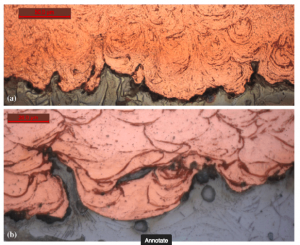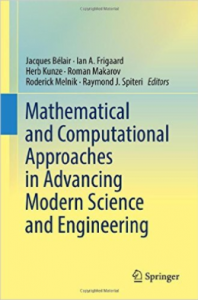 An erratum for a book chapter about water pollution has removed two out of the three original authors.
An erratum for a book chapter about water pollution has removed two out of the three original authors.
What’s more, the notice specifies that “any mistakes or omissions are the sole responsibility” of the remaining author, Michael Yodzis of the University of Guelph in Ontario, Canada.
This isn’t something we see every day, but one of the removed authors told us he believes the paper is scientifically valid — he just didn’t have anything to do with it. Yodzis told us he included the two authors by mistake, after believing he had corresponded with them about the paper, which was an extension of their previous work together.
Here’s the erratum, issued in December: Continue reading How did a book chapter end up with two authors who didn’t contribute to it?

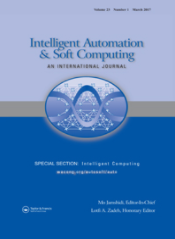
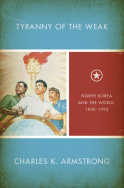 The author of a high-profile book about the history of North Korea is issuing 52 corrections to the next edition, scheduled to appear this spring. The changes
The author of a high-profile book about the history of North Korea is issuing 52 corrections to the next edition, scheduled to appear this spring. The changes  Researchers in Ireland have retracted a case study about a rare type of cancer in a child because – contrary to what they claimed in the paper – they had not obtained the necessary permission from the parents.
Researchers in Ireland have retracted a case study about a rare type of cancer in a child because – contrary to what they claimed in the paper – they had not obtained the necessary permission from the parents.

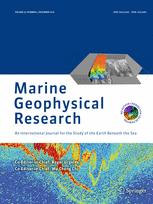 A 2016 paper has been retracted at the request of a company that provides geoscience solutions because the authors—who are employees of the company—included proprietary information and didn’t obtain proper permission.
A 2016 paper has been retracted at the request of a company that provides geoscience solutions because the authors—who are employees of the company—included proprietary information and didn’t obtain proper permission.